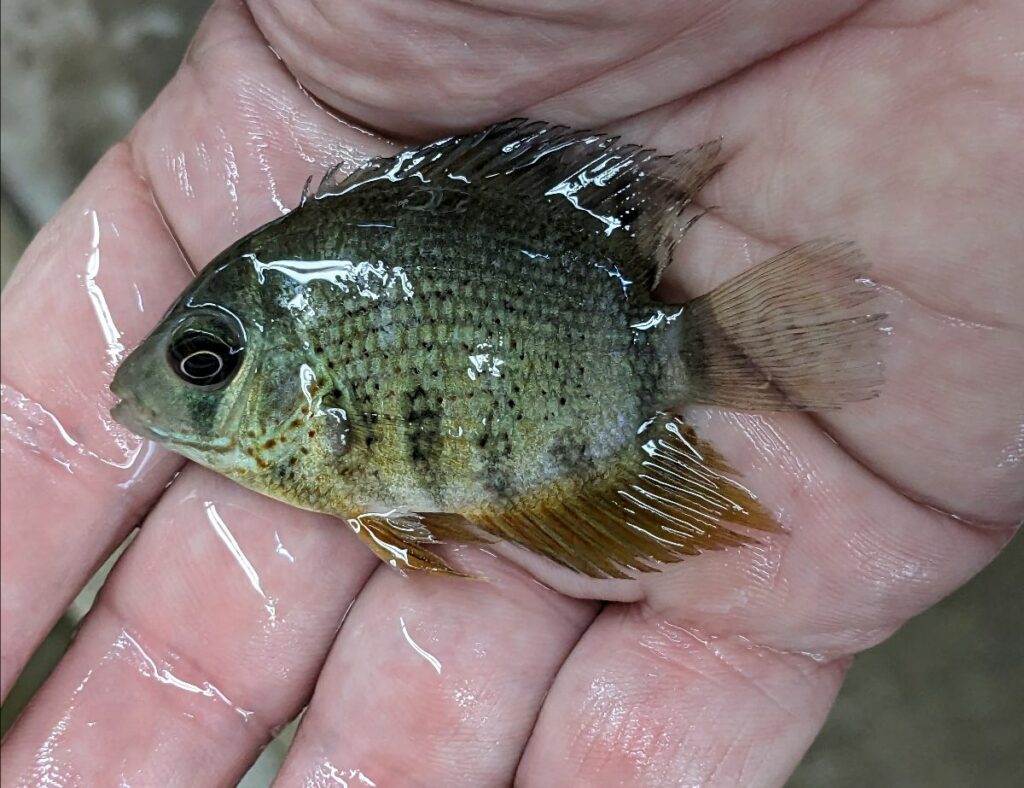
Just last spring and summer, the entire pet trade was at risk when nationwide whitelists and interstate trade restrictions were proposed to be enacted through amendments to the Lacey Act. Those amendments were part of broader legislative proposals (e.g. The Competes Act) and were ultimately removed as that legislation was finalized. Earlier this month, similar proposals were being made at the state level in Florida, but they’ve been tabled for the moment. And yet, just a week later, the national Lacey Act proposals have been resubmitted again, and everything is right back where it started last time.
In case you’re unfamiliar with how this all works, in broad terms, those that propose rules and laws that would negatively impact the aquarium and pet trade only have to succeed once in order to change everything, while the trade and industry and individual hobbyists must successfully defend themselves every time these proposals come up. In this regard, it’s arguably not a fair debate. We only need to revisit the now multi-decade battle over Hawaii’s Marine Aquarium Fishery to see how a single defeat has resulted in the closure of the fishery, the shuttering of businesses, and massive amounts of financial expenditures to attempt to reopen a fishery that, by all accounts, was already the best-managed fishery of its type on the planet, one that was demonstrably sustainable.

As Joe Hiduke of Nautilus Tropical Fish Wholesale wrote this week, “There’s not a current call to action beyond staying informed,” and today that’s what we’ll do. Well, there is one “call to action” from Hiduke: “Please pay attention to this one and be ready to do your part when it’s time.”
First, we’ll share the initial update from USARK, the United States Association of Reptile Keepers, which has done a tremendous job of staying on top of legislation that impacts the related herp hobby. Follow their links for more detailed information. Honestly, aquarists are benefiting whenever there is legislative overlap, so please consider supporting USARK as well as the Pet Advocacy Network (PAN), National Animal Interest Alliance (NAIA), and other top-level organizations that work on everyone’s behalf to ensure the continued and vibrant pet-related hobbies we all enjoy. We’ll of course then include Hiduke’s remarks, which often help make a personal connection and bring understanding to how these proposals may impact the entire pet trade that is responsible for making our cherished hobbies possible.

ALERT: Lacey Act Amendments
U.S. Senator Marco Rubio (R-Florida) has again introduced a short-sighted bill to amend the Lacey Act, with the title ‘‘Lacey Act Amendments of 2023,’’ in this 118th session of Congress. This is the same bill we saw from Rubio as S626 in 2021.
This bill would reverse the USARK federal lawsuit victory by reinstating the ban on interstate transportation of species listed as injurious under the Lacey Act, among other things including creating an import “white list.” This will trickle down to hundreds or thousands of common pet species.
Find more details at https://usark.org/23lacey/ [and see the FAQs at https://usark.org/23laceyfaq/]. We will be updating this alert. No number has yet been assigned to the bill.
###

via Nautilus Tropical Fish Wholesale
I was so looking forward to writing an email where all I had to talk about was fish. Apparently, US Senator Marco Rubio, representing the great state of Florida, home of the tropical fish industry, had other ideas. You’ve probably seen that the same Lacey Amendments that were proposed last year have come up again. In brief, this would create a nationwide whitelist, much like what you’ve read about in my emails for the last couple of months regarding a Florida whitelist.
I know a lot of you are saying to yourself, “This kind of stuff comes up all the time and it never passes.” It has never passed so far, and there’s a reason why. If you’re sitting on the sideline when these issues come up then you’re not seeing the enormous amount of work that goes into making sure these laws haven’t passed yet. They haven’t passed because a lot of us are doing everything we can to make sure we can continue working with all the fish, reptiles, birds, etc. that we all love working with.
So please pay attention to this one and be ready to do your part when it’s time. And pony up with some money too. USARK-Florida is mostly funded by the board members and a couple of other donors, and that’s not a sustainable model. Even if you’re only [a fish business], what the people at USARK do, both nationally and in Florida, is doing more to protect your rights than any other group out there.
Here’s a link to get you up to speed on the current Rubio-sponsored Lacey Amendments, and from there you can find the text of the bill and a FAQ section. There’s not a current call to action beyond staying informed, but if you’re a Florida resident it certainly wouldn’t hurt to let Rubio’s office know that this is an issue that will cost him your vote.





